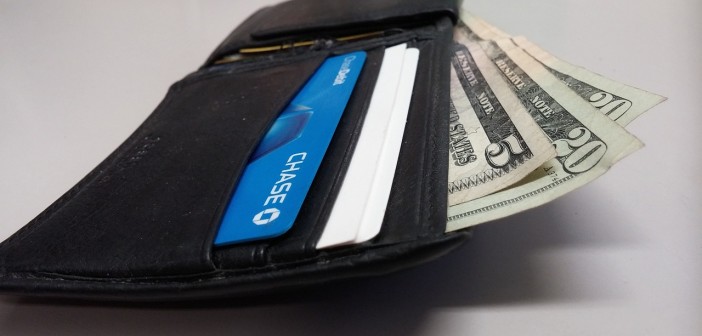Every Christian knows that we are called to love God with all our heart, mind, soul, and strength. But what about our wallet? We get asked to open it every Sunday when the offering basket comes by and are told that’s being a “good steward.” There is no clearer indicator of our ultimate values than our financial priorities and practices — how we spend, how we live, how we save, and how we give reveal the true altar of our hearts. Ultimately, how we use our money is unavoidably a spiritual question.
We each make a choice, consciously or unconsciously, to invest our God-provided resources in serving ourselves or serving God’s purposes.
As Christians, how are we to view our money? My research, prayer, and discernment regarding my own “wallet” have led me to a number of key conclusions:
- All of my wallet’s contents, every single penny, come from God. I am the steward, not the owner.
- My wallet is one crucial form of God’s provision within my life. It enables me to take care of my family and myself and to serve others. My intent for deploying its contents is to be focused on others, not on myself. I am responsible for asking myself daily, “How can I live more simply so that others can simply live?”
- Gratitude is critical. I will never enjoy what I already have, and God will not trust me with more, if I fail to have an attitude of gratitude.
- My wallet’s contents are an investment tool for God’s kingdom purposes, not intended for self-centered hoarding. I either trust God for my daily provision, my daily bread, or I don’t. I must release it before God will increase it.
- Earthly treasure is temporal, not eternal. I cannot take it with me and suspect I won’t even want to when I reach the end of my life. My Christian wallet is to focus on that which will outlast my physical presence on planet earth. Jesus said it better: “Do not store up for yourselves treasures on earth, where moths and vermin destroy, and where thieves break in and steal. But store up for yourselves treasures in heaven, where moths and vermin do not destroy, and where thieves do not break in and steal. For where your treasure is, there your heart will be also.” (Matt. 6:19-21)
- My wallet is to be used to accomplish God’s good, never to propagate evil, including the exploitation of other people or reckless, unthinking destruction of the earth’s resources.
- Money is not something I should spend every waking moment thinking or worrying about. Money in and of itself is not evil; it is simply provision. But the Apostle Paul said in 1 Timothy 6:10, the love of money could get me into all kinds of trouble.
- Money will never bring me contentment — no matter how much or how little I have. Contentment is found in relationship with Christ and with one another.
Ultimately, we each make a choice, consciously or unconsciously, to invest our God-provided resources in serving ourselves or serving God’s purposes. The first is selfish and short-sighted; the latter leads to new hope and renewed life. From this point forward with my own Christian wallet, I choose life.
This material is excerpted from Mike’s book The Christian Wallet: Spending, Giving, and Living with a Conscience (Westminster John Knox Press, 2016) and available at Cokesbury and Amazon. Used by permission.
Related Resources:
- Being a Stewardship Leader Requires Clarity by Margaret J. Marcuson
- Your Money Autobiography by Ginger Anderson-Larson
- Theology of Stewardship and Biblical Generosity Resource






